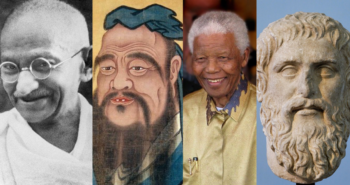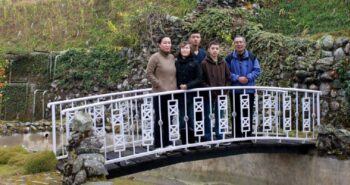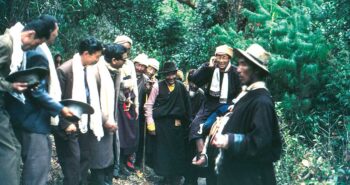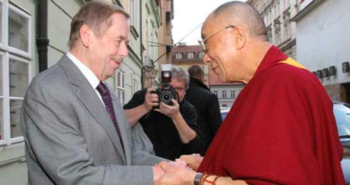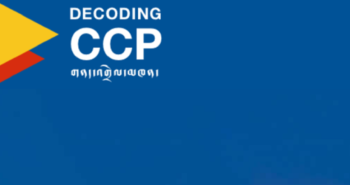Michelle Bachelet’s trip to China is over, but it’s sure to live on in the annals of appeasement.
On the morning of June 4, 2022, I received the shocking news of the demise of Thubten Samphel la, a retired senior Tibetan official, at his residence in the Tibetan settlement in Bylakuppe in South India. It was shocking because he had no major health issues.
In March 1959, as he approached the Indian border after a two-week journey disguised as a common soldier, His Holiness the Dalai Lama looked back at Tibet for the very last time, leaving behind everything he had ever known and entering into a world of absolute uncertainty.
As much as the actual timing of the escape was sudden, a great deal of behind the scenes preparations were certainly made.
On March 3, Tibetans as well as other communities from the Himalayan region welcome the year of the Tiger.
As Václav Havel wrote: if human freedom is denied to anyone in the world, it is therefore denied, indirectly, to all people. Long live Havel, long live the Dalai Lama!
What China is proud to call propaganda has never been more important, both as the only source of information available to Chinese citizens and, beyond China, a story of China’s “rightful place” that demands acceptance.
The world’s former no. 1-ranked doubles player accused a top Communist Party of China official of sexual assault. She’s been missing from public view ever since.
Last week in Glasgow, I chaired a very special COP26 panel on climate change in Tibet titled “Tibet’s Climate Crisis: Critical Lessons for Global Climate Policy.”
This week, countries are meeting virtually to open the first sessions of the COP15 conference on biodiversity in Kunming, People’s Republic of China. This conference is significant, as it will finalize the post-2020 Global Biodiversity Framework—a new ambitious plan to halt and reverse the loss of the planet’s plants, animals and ecosystems.

